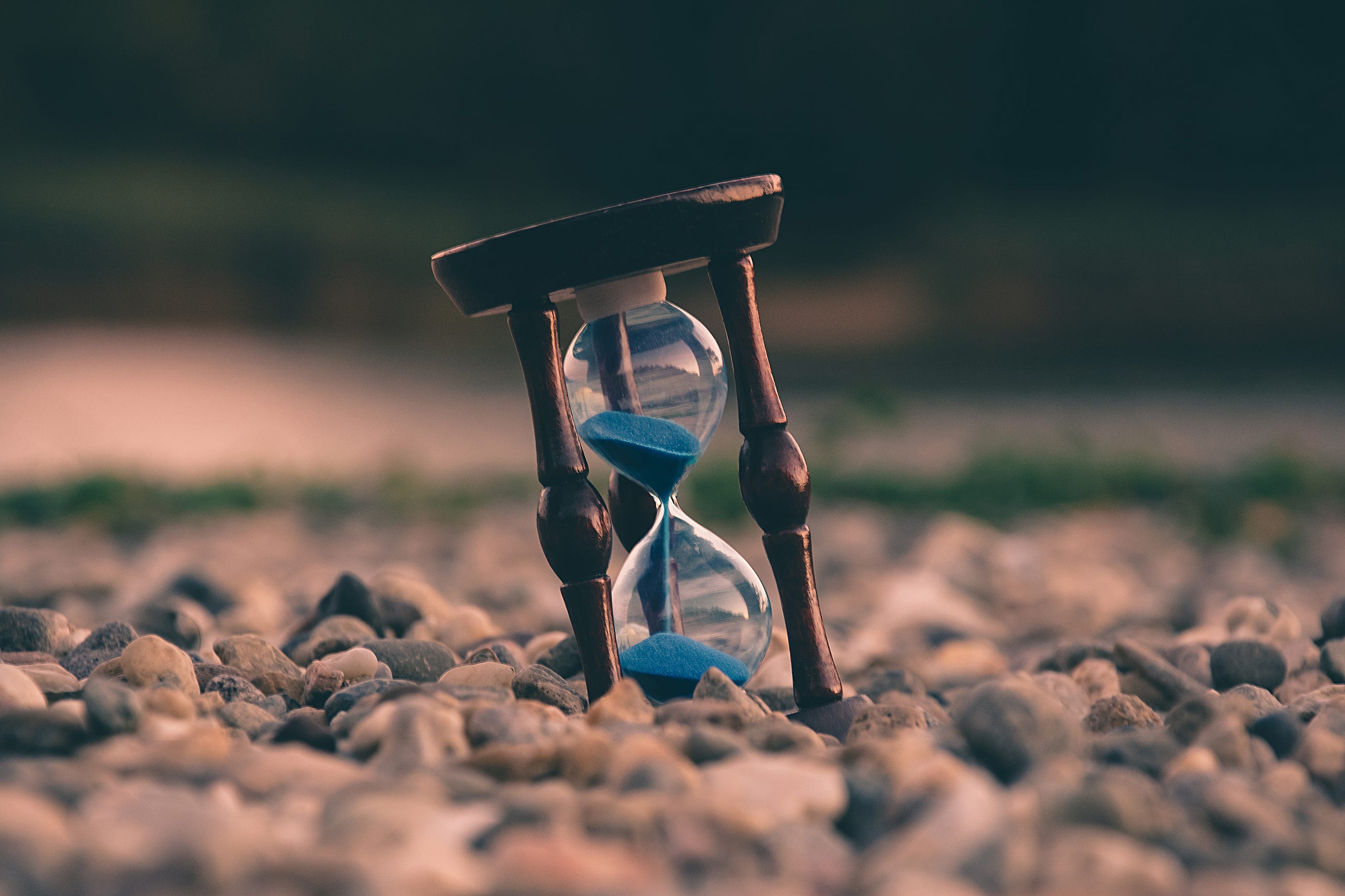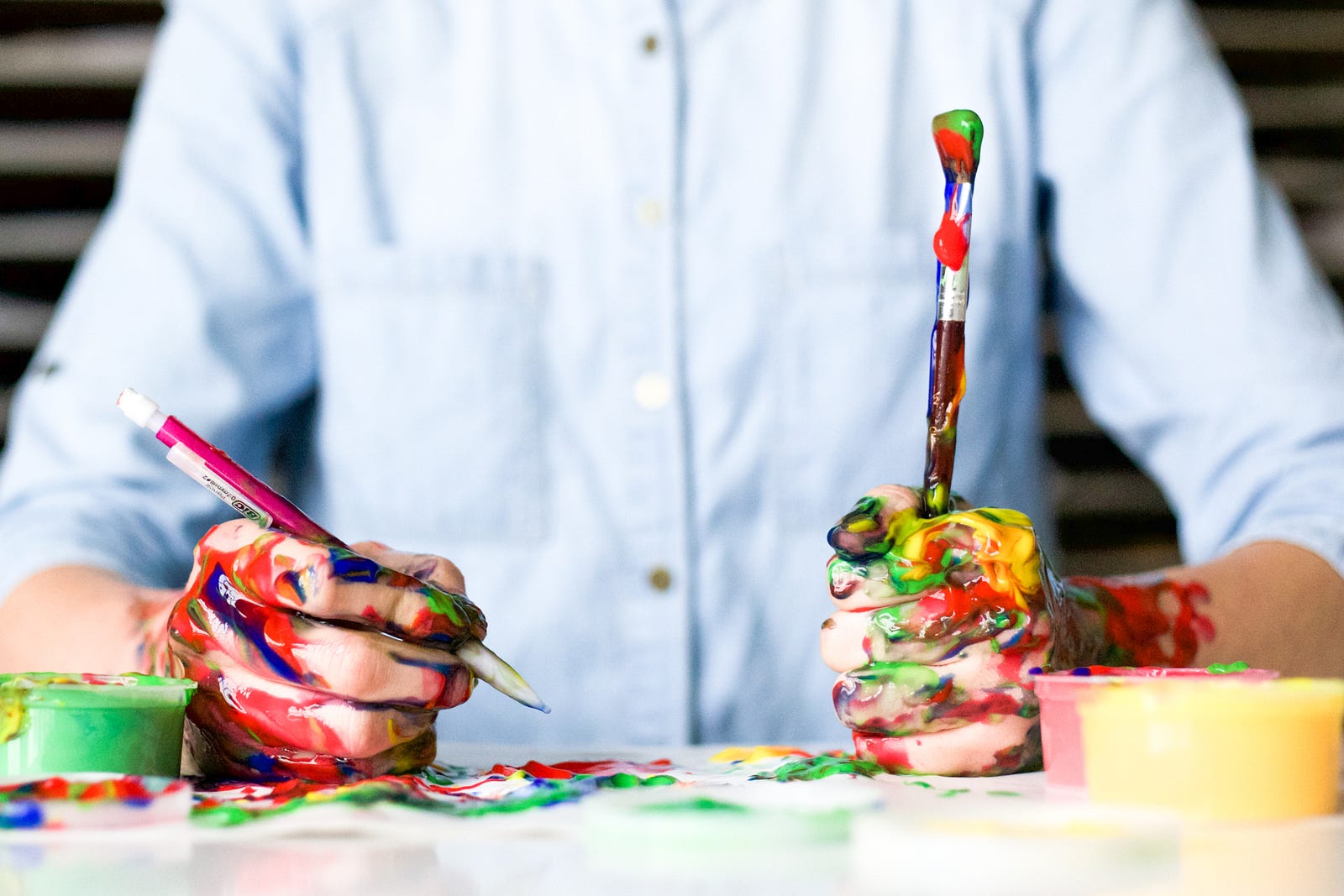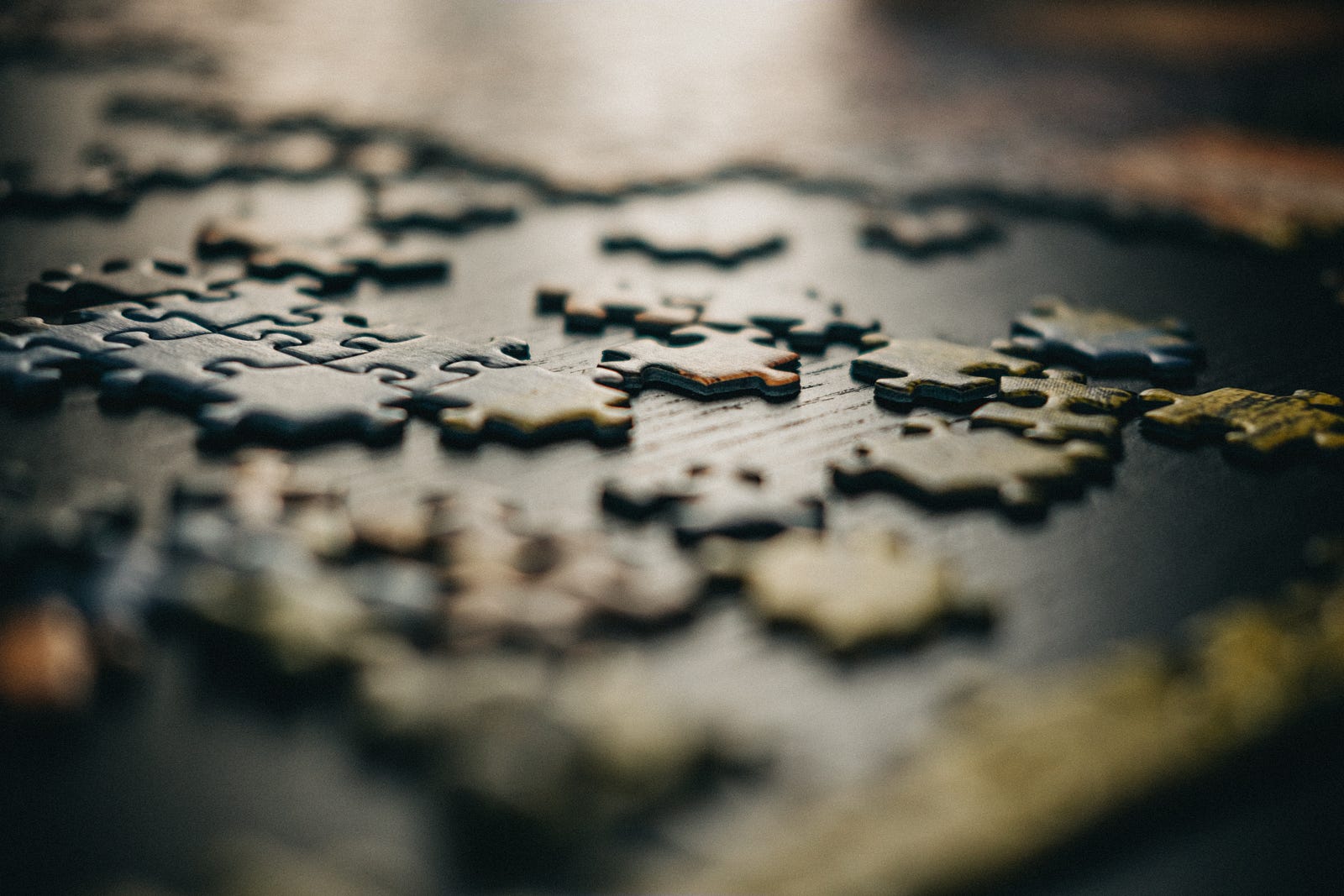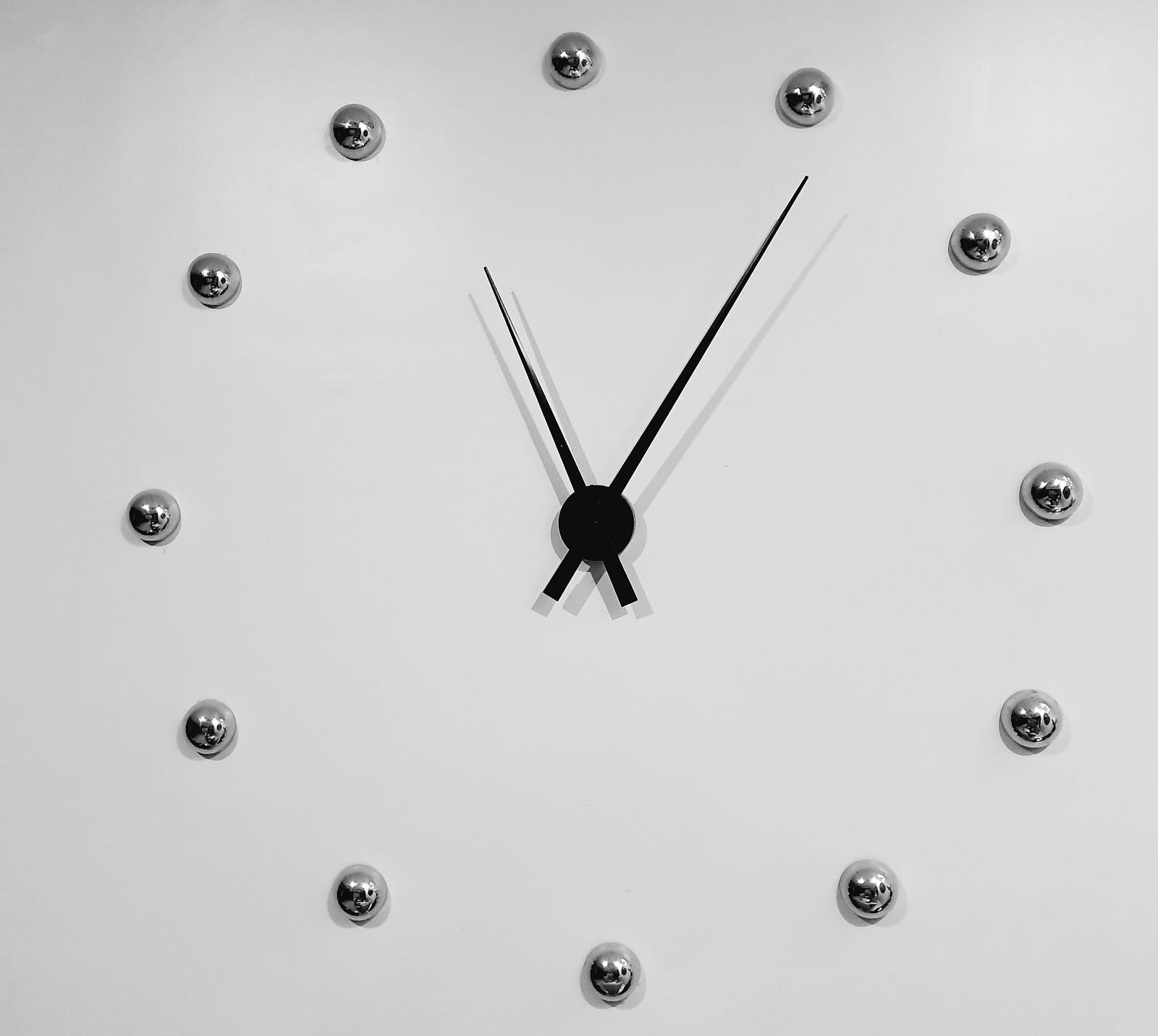Not everything about isolation is scary

Not everything about isolation is scary
Our strongest bonds are made when we are doing nothing. We are our most creative when we are allowed to be idle. Our brains require nothing time.
There is something special about the moments that occur in nothing time. Not nothing as in no value, nothing as in nothing planned. Nothing happening. Nothing time.
They are the most important moments of your childhood, where your strongest bonds of friendship are formed. When you are all just hanging out, bored, and then some random conversation breaks out. One of your friends says something completely stupid and you all laugh. Years later, you and your high-school friends will still talk about that random moment.
It all happened in nothing time. There was nothing planned, no event happening. You were just sitting in a group and it happened.
With your children, it is the same. Those random couch conversations, or unusual questions before bed. Those moments of hilarity when you are out walking together. These are nothing time moments. And they are the most important. These are the opportunities for the small moments of imprint, they are the nurture part of generational evolution.
The hardest part of my Divorce, of being a part-time Dad, is missing nothing time with my kids.
However, one of the opportunities of the Coronavirus with the time spent by yourself, or with your families/housemates during restrictions and isolation, is the ability to spend time strengthening bonds.
It also allows you to spend more of your time allowing your mind to wander and your thoughts to drift. New ideas to come into focus. The space created by nothing time allows this.
Nothing time is a skill that seems to diminish as you grow older, but isolation may help us rediscover it.

Nothing Time and Friendship
School lunchtimes are perfect nothing time. It is a dedicated gap between busy. Those moments with your friends are the things that deepen the bonds of friendship.
The people you spend the most time with during your teenage formative years doing nothing, are the friends that you will keep for your life. It won’t matter how long it is between conversations and catch-ups because you spent so much time in each other’s company doing nothing.
Those after school hours hangouts where you were all in a group, with no agenda, and no plans. Where every slight thing that happens seems exaggerated and sarcasm and banter fly thick and fast.
As we grow older, we tell ourselves we have less time available for this. We have a full agenda, and when we do have spare time, we want to spend it by ourselves. We think that if we are catching up, we need to have something planned. Some agenda for our catch-ups.
The truth is we don’t. It is one of the reasons it is hard to make friends as you get older. We no longer feels comfortable to organize to catch up and do nothing, feels really awkward to ask someone to come over while you lounge on the couch and just talk about random things. It is unusual to ask someone if they want to go for a walk.
All of these things sound like activities you do when you are first dating.
And that is because they are! The first steps you take when dating are the ones of developing a friendship. They happen in the nothing time opportunities you create.

Nothing time and Isolation
You may soon have a chance to practice. Maybe you already are.
Being isolated is hard, it can feel like a loss of connection, and a loss of connection can be very damaging. I have heard that there may be an increased risk of suicide following Covid-19. Not just because of the financial uncertainty, the strain of loss, and the stress of upheaval. But because of the reduction in human interaction. We are social animals and need to feel belonging. Isolation can feel like the opposite of this.
In a world where technology has enabled us to be the most connected, many of us feel very little connection. Isolation will stretch this even further.
So, here is an opportunity.
If you are locked away with your family in isolation. Or you are by yourself for a period. Do not turn to technology and feeling connected. Work on your connections.
Connection number 1; nothing time and yourself
You cannot create a connection with yourself if you are perpetually distracted. Do not allow yourself to pick up the phone, to scroll through Netflix or watch Stories on Instagram.
Create space for nothing. Do you remember the Adult Colouring Books that hit the shelves a few years ago? They were purposely designed to allow people to get nothing time. The simple act of coloring, an act that you can do with little thought, allows your mind to wander. It allows your brain to process things from the conscious mind into the subconscious mind. To bring things up from the subconscious mind for processing.
It allows your ideas to have sex. A term James Altucher has spoken about where he describes the creation of something new from two (or more) things already in your head. This is the collision of those conscious and sub-conscious thoughts in your head.
In this period of self-isolation, spend time with your thoughts and really get to know yourself. Allow those ideas in your head to germinate, collide and turn into something exciting. Here are four things you can do;
- Write down your earliest childhood memories. Turn them into a story.
- Start doing ‘morning pages’, where you sit down every morning and write whatever is on your mind; stream-of-conscious style writing, no formatting, no thinking, just write the babble in your mind. Stop at three pages. You will learn more about your brain.
- During the day start writing down ideas in two columns, then draw connection lines between them however you’d like too. These collisions will allow you to visualize something. Idea collisions are where the magic happens (Idea Sex).
- If you work from home, create a space in your calendar to think about one thing in your business/organization. Go deep. Use the isolation to really dive into one aspect.

Connection number 2; nothing time and your important relationships
I have spoken about the value of nothing time on your friendships and connections with loved ones. Isolation can be important in this. Here are some things you can do to use isolation to strengthen your bonds.
- Get a puzzle, sit around with your family and housemates and just wait for the conversations. If you cannot get a puzzle, or the people you want to do it with are not with you. Grab a board game, or find a site that allows you to play online board games and invite your special people.
- I have started the concept of virtual beers. Virtual beers are where I use video calling apps like Messenger, Skype, etc. to ‘go to the pub’ with my friends from High School and University who are living all over the place. We schedule a time, grab a drink (whatever you prefer, this could easily be virtual coffee/tea), and just catch-up. No agenda. Do you have a morning coffee crew, then set it up.
- Write a list of your important people, and then write down why they are important to you. Now write them a letter telling them those things. Nothing feels as special as being told why you are special to someone. I call it strength-naming. For instance, being told you are supportive and fun, re-enforces them as strengths. It makes you more likely to lend that strength to someone else. This will deepen your connection with your special people.
Connection number 3; nothing time and your communities
Lack of connection to the community is pervasive. Many people who drifted away from places of connection central to there community are returning to them (churches, local sports, common interest groups).
As humans, we need to feel like we are part of a bigger organism, that we are an important part of the bigger whole. It creates belonging and self-value. This type of disconnection causes people to act in ways that are not aligned with a common set of values.
In isolation, this can be hard. Many restrictions on gatherings and non-essential travel will preclude this. So how do we maintain our connection to our communities?
- Use your time to see if there is something you can do to improve your communities. Fundraising, development plans, committee meetings — many of these can be done remotely. See what you can do?
- Donate yourself and your time. In times of hardship, in times of high-stress, great connections can be formed through acts of servitude. It is a primary love language for many and nothing feels as good as doing something for someone else. In isolation, this may mean being creative as to what you can do to help your communities.
- Clean up a bit. Social distancing does not mean you cannot go outside by yourself. Just get out, get some fresh air, and take a rubbish bag. See if you can fill one small bag on your walk. You don’t need to talk to anyone, you don’t need to advertise that you are doing it. Just do it. Please take all necessary precautions to ensure your safety. You can even do it as a family or group of self-isolators from the same house and fill connection 2 a little as well.

Nothing Time
There is an art to doing nothing, the Dutch even have a word for it; Niksen literally means “to do nothing, to be idle or doing something without any use”. There have been numerous benefits espoused for making time for it. From reducing workload stress, reducing burnout and improving happiness.
For me, one of the important aspects is its effect on your mind.
Enjoy doing nothing, and you can enjoy doing anything. Enjoy having nothing, and you can enjoy whatever you have — Ralph Marston
And remember, as Brene Brown says “the opposite of addiction is not sobriety, the opposite of addiction is connection”. Those people without a connection to themselves, their close relationships and their community are the highest risk people for forming unhealthy addictions.
Use your nothing time; create space for you, for your relationships and for your community.
Nothing time is a skill we all still need. Use this time of turmoil and uncertainty to bring it back into our lives.
And, please, just watch less news.
I am a writer with a passion for leadership, growth and personal development. I try and create a spark, a little idea that nests inside and kindles your aspirations. Reach me at leonpurton.com
The Three Essential Skills to Drive Your Success
And you need all threemedium.com
How to Transform from a Follower into a Leader
Why leaders are pointy when they need to bemedium.com
